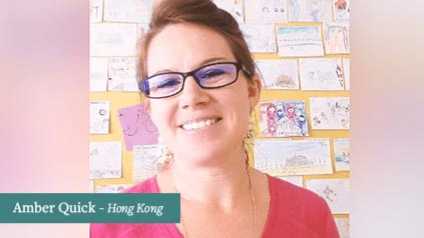Course Description
You have built a solid foundation in your journey to become a Biblical Hebrew scholar. The passion remains for you to be able to read the Scriptures in its original language. This course will give you exactly that: the ability to read the Scriptures out loud and speak the Word. The reading lab will give you an enriching experience and will add a more nuanced understanding of the original text.
During the Reading Lab sessions, one of our most experienced teachers will slowly read the text while you read along. Combining the teacher’s guidance and your practical learning, will help you refine your pronunciation and connect with the text at a deeper level. This type of course is something that many Bible scholars practice after their foundational language courses.
As Dr. Eli Lizorken-Eyzenberg, our Head of School, puts it: “We are what we keep on doing. Someone who wants to have an excellent command of Biblical Hebrew must read, read and read.”
Who is this course for?
This special program was designed for our most dedicated and advanced students. There is a focus on analyzing the sentences that will help you to understand the importance of pronunciation, identify grammatical forms and improve your translation abilities. The course is a must for anyone who studied Biblical Hebrew grammar before and wants to maintain and grow their language competency.
What will you learn?
During the Reading Lab sessions, you will see a vast improvement in the following skills:
- Reading: As our expert teacher reads, you will be able to practice your reading and pronunciation out loud.
- Parsing: The process of breaking down Scriptural sentences into shorter components in order to better understand the text.
- Translation skills: Once you become more familiar with parsing and grammatical forms of the Scriptures you read, you will be able to better translate the Biblical Hebrew text. This, in turn, will lead to an improved understanding of the text.
What will you read?
Read the original Hebrew out loud with your teacher. Some of the interesting topics that will be read and studied include:
- The birth and binding of Isaac
- Balaam and the donkey
- The story of Gideon
- Elisha and Elijah raising the dead
- Naaman’s leprosy
- Ezekiel’s vision over the valley of dry bones
- Hezekiah and Solomon’s prayers
- Isaiah’s prophecy regarding the promise of everlasting salvation
- Wise words from Proverbs
When do our courses start?
We have a few starting dates so you can choose the class that best suits your schedule. Our next class starts on Monday, July 01 at 6:00 PM. If you are interested in one of our classes click on the schedule below to start the registration process.







 Available on WhatsApp
Available on WhatsApp